UNICEF is delivering 67 metric tons of medical supplies to an estimated 2 million people affected by the brutal escalation of conflict in Lebanon, particularly women and children.
Over the past three days, UNICEF has delivered 67 metric tons of medical supplies by land and air. These supplies, purchased with financial support from the United Kingdom, are strengthening the resources available to health teams to maintain regular services and treat the growing number of people in need of medical assistance due to the conflict. According to the Lebanese Ministry of Public Health, 2,083 people have been killed in the past year, including more than 127 children. Most of these deaths are believed to have occurred in recent weeks.
The 67 tonnes of supplies include a UNICEF-chartered plane carrying 25 tonnes of medicines and medical supplies that arrived at Lebanon’s international airport on Sunday, 6 October. Another 25 tonnes arrived by air and 17 tonnes by road from Jordan via Syria. UNICEF was one of the first organizations to deliver humanitarian supplies to Lebanon by road since the major escalation on 23 September, and more trucks are expected to arrive in the coming days. These supplies are in addition to the 100 tonnes of medical supplies that have been distributed across the country in recent weeks.
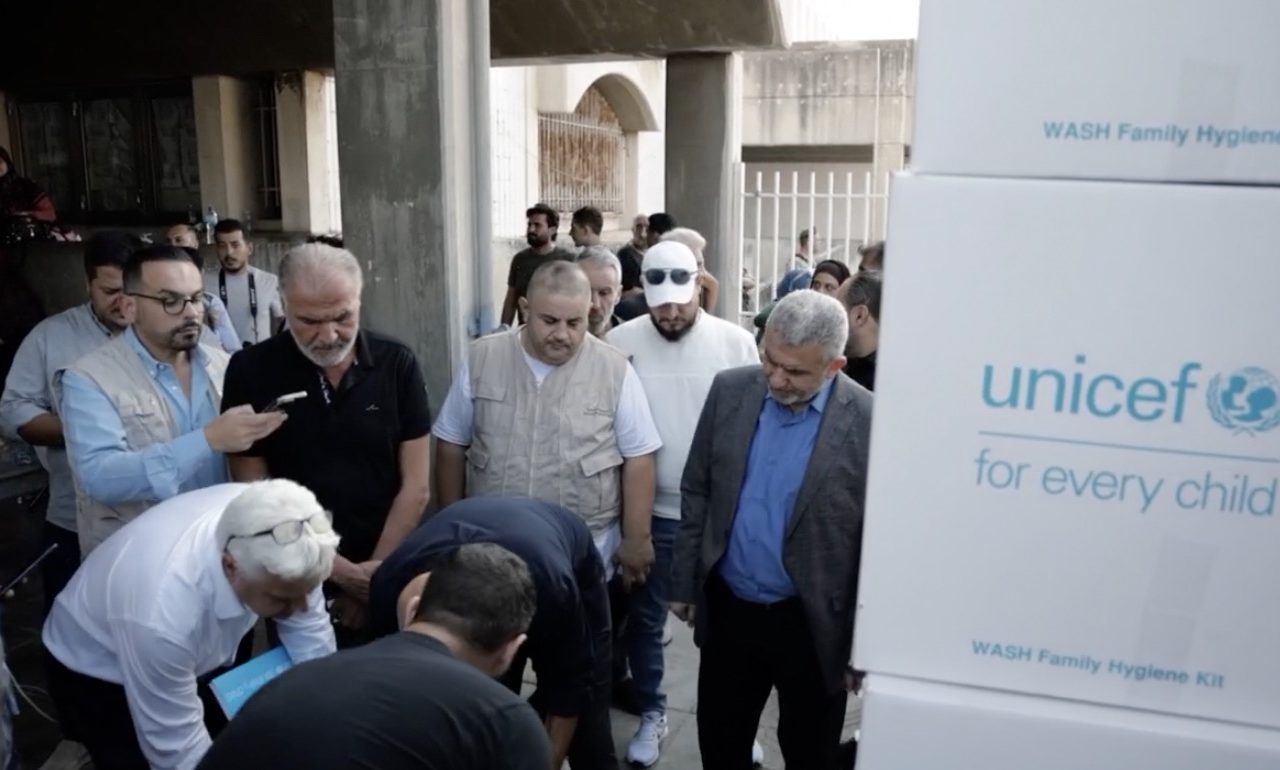
The medical supplies include emergency kits that are vital for hospitals treating injured patients, midwifery and obstetric kits to help health facilities ensure safe deliveries for pregnant women, essential medicines to treat acute and infectious diseases, and first aid kits to help emergency response teams and ambulances provide life-saving care.
“Hospitals are struggling to cope with the pressure of the tragic increase in cases,” said UNICEF Representative in Lebanon, Edouard Beigbeder. “More medical supplies are urgently needed to ensure women and children in Lebanon receive the life-saving care they need. Thanks to the financial support from the United Kingdom, UNICEF has been able to strengthen its life-saving efforts in Lebanon.”
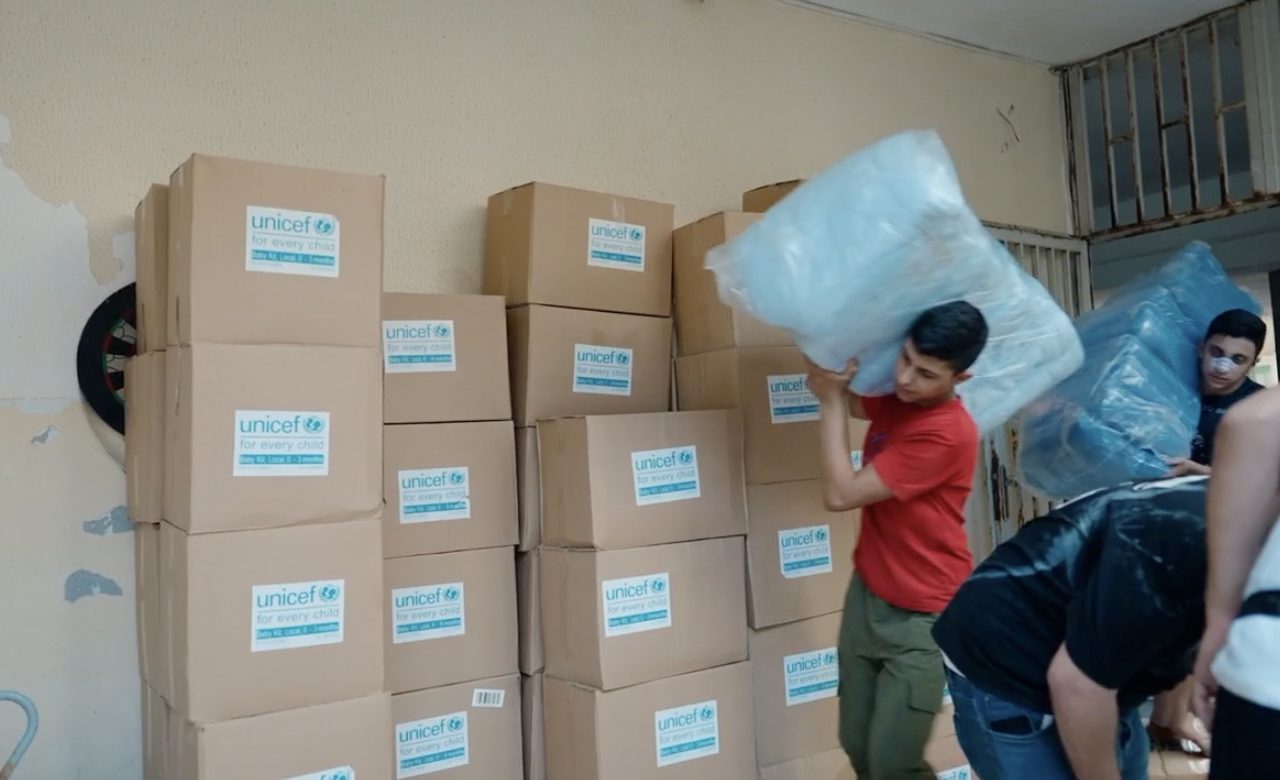
The supplies are being distributed to public hospitals, health facilities and mobile teams across Lebanon.
Beyond medical supplies, UNICEF has distributed 135 metric tons of emergency response equipment in Lebanon since 23 September, including to support approximately 60,000 displaced people in more than 240 shelters across the country. The shelters have received essential relief items, including approximately 450,000 liters of water, 22,000 blankets, 6,000 sleeping mats and bags, 26,000 family and baby hygiene kits, and 12,000 personal hygiene kits for women and adolescent girls. Medical, mental health and psychosocial support services are also being provided in the shelters. Given the magnitude of the needs in Lebanon, UNICEF is urgently appealing to the international community to mobilize humanitarian assistance and ensure that supply routes from Lebanon remain open and safe passage is guaranteed, to allow the rapid and safe delivery of life-saving assistance to children in need.
UNICEF continues to call for an urgent ceasefire and urges all parties to protect children and civilian infrastructure, and ensure that humanitarian actors can safely reach those in need, in line with their obligations under international humanitarian law.
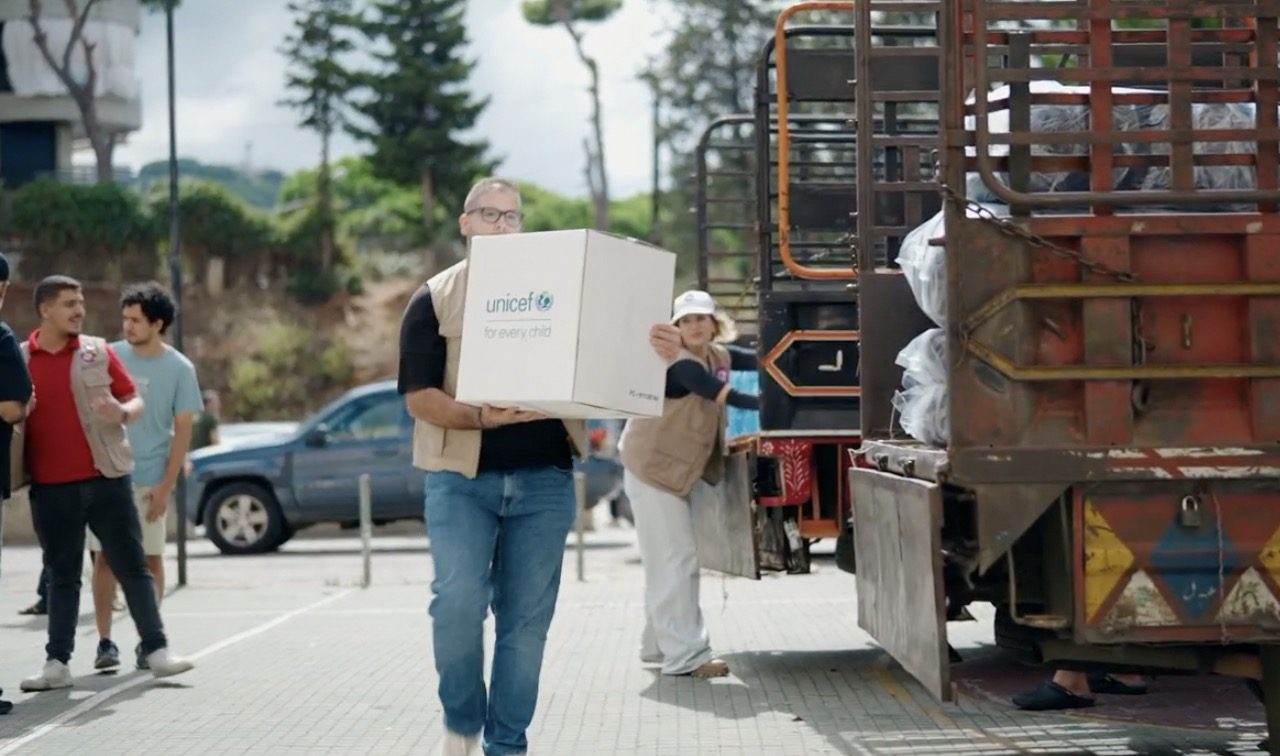







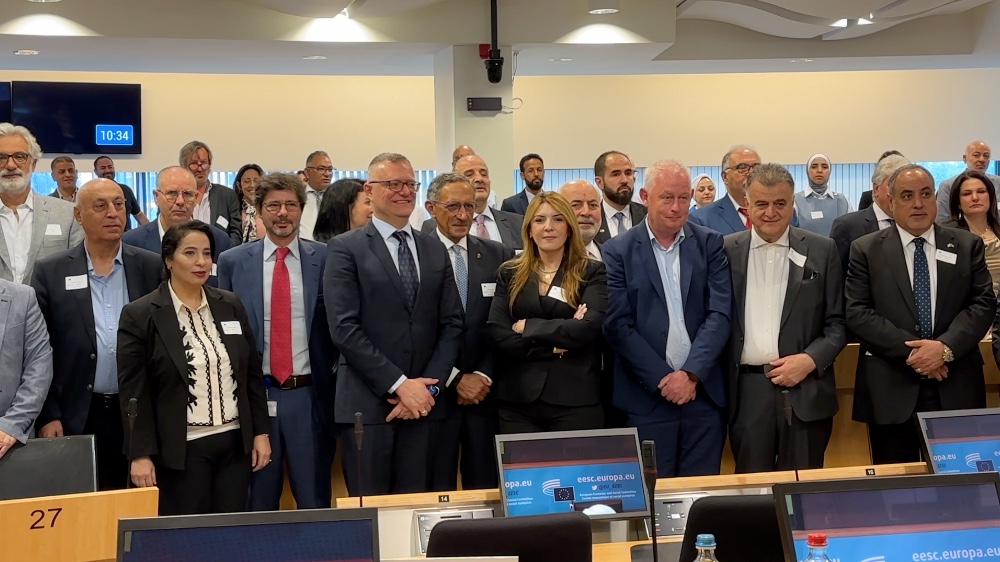
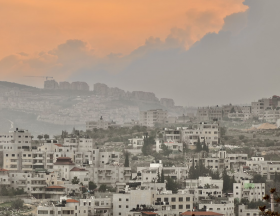
Réagissez à cet article